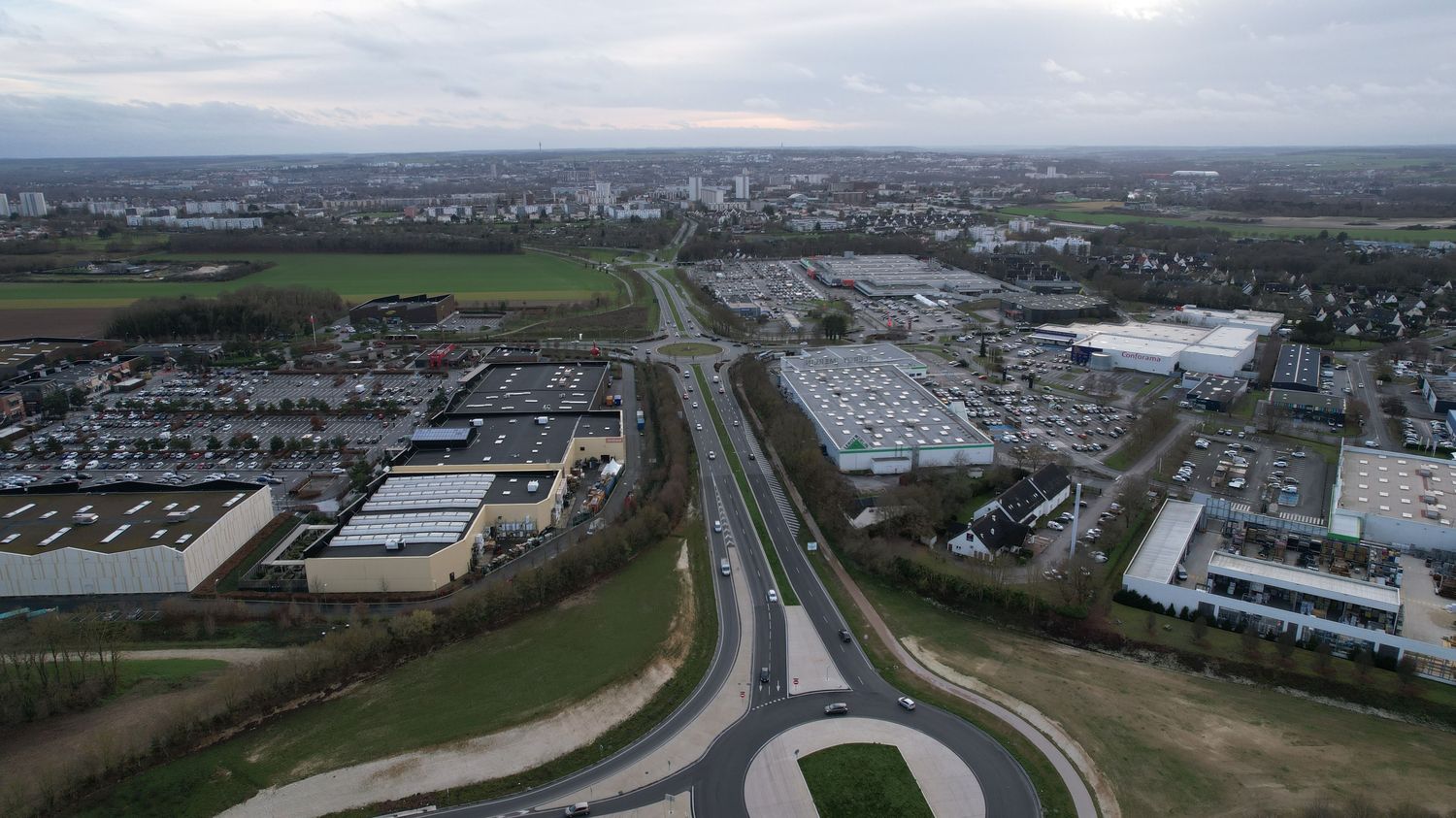These communities won a call for projects launched in September. The government hopes to make these areas more modern and attractive, and encourage the construction of housing there.
Published
Reading time: 1 min

Criticized for their energy balance, considered by some as symbolic of “ugly France”, commercial zones have been in the government’s sights for several months. “In a world that is becoming aware of its limits, the commercial zone has reached its limits”affirmed in September Olivia Grégoire, the Minister Delegate in charge of Business, Tourism and Consumption, during the launch of a plan to transform these unloved sectors.
Following a call for projects, the names of 74 winning sites were revealed on Friday March 29 by Olivia Grégoire, the Minister of Ecological Transition, Christophe Béchu, and the Minister Delegate in charge of Housing, Guillaume Kasbarian. They will benefit from subsidies to do so.full-fledged living spaces“, specifies their press release.
More housing, offices and green spaces
In detail, 63 municipalities are to receive aid of 75,000 euros to carry out studies prior to the transformation of these zones, and 16 of them will be entitled to an additional sum to finance the conduct of the work. The 11 other winners, who presented more successful projects, will receive a grant to finance the work, ranging from 460,000 euros for the city of Saint-Malo (Ille-et-Vilaine) to 3.8 million euros for Chartres (Eure-et-Loir).
In total, the State has therefore released an envelope of 26 million euros to help revitalize these commercial areas, taking into account new consumption patterns and new issues surrounding housing and the environment. With this plan, the government hopes to see nearly 25,000 new housing units built. The objective is also to make these territories more attractive and more “mixed” thanks to “a new, more suitable commercial offer, offices, public facilities or green spaces”details the government press release.
In addition to financial assistance, the government provides the winners with a working group made up of members of the General Directorate of Enterprises, the National Agency for Territorial Cohesion and the General Directorate of Planning, housing and nature. A second call for projects has already been launched on the same model, with a new envelope of 8 million euros.
